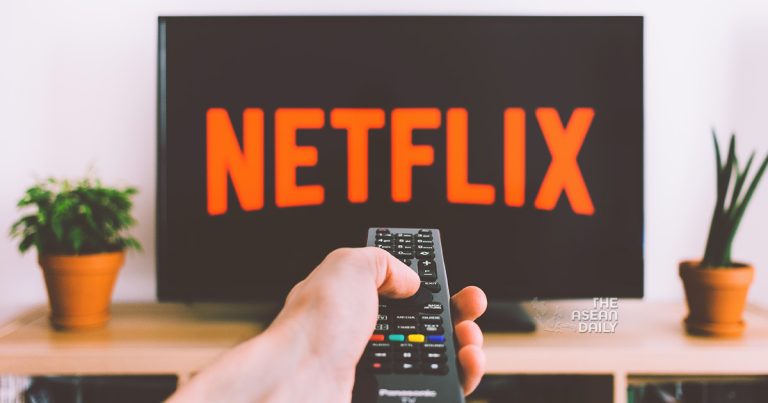23-8-2023 (JAKARTA) The Indonesian government is contemplating the censorship of content on streaming services, often referred to as over-the-top (OTT) platforms, including Disney+ and Netflix. Experts suggest that this move could inadvertently lead local audiences to seek illegal streaming sites.
Communication and Informatics Minister Budie Arie Setiadi announced on Monday (Aug 21) that the censorship plans were prompted by OTT platforms claiming they are not broadcasting platforms, despite producing audio-visual content.
“We will take action against them,” stated Mr. Setiadi, adding that the plan is currently in the discussion phase and has not yet been communicated to the targeted platforms.
Unlike traditional broadcasting institutions, OTT platforms are not subject to Indonesia’s Broadcasting Law, which would require them to comply with censorship measures imposed by the country’s movie censorship board.
Dr. Wu Shangyuan, a lecturer and media researcher at the National University of Singapore’s (NUS) Department of Communications and New Media, noted that government censorship, while well-intentioned, can evoke mixed reactions from the public.
Governments may censor content to protect vulnerable groups from excessive violence or sexualized material or to “ensure that social norms and values within that society remain strong,” explained Dr. Wu. Some may appreciate such measures, while others could view them as restrictions on their freedoms to access content available elsewhere.
Dr. Wu further emphasized that today’s audiences are no longer passive recipients of information; they actively seek and discover content online. If censorship is extensive, it might drive viewers to seek uncensored content on other, potentially illegal, streaming sites.
The plan to censor OTT platform content was initially revealed by the communication ministry’s Director-General of Public Information and Communication, Usman Kansong, over the weekend. According to state news agency Antara, Mr. Kansong highlighted the need for comprehensive discussions to address the issue of censorship, emphasizing the importance of ensuring justice for viewers.
He also mentioned plans to engage relevant stakeholders in discussions, including industry players, institutions cooperating with OTT platforms, and the Ministry of Education, Culture, Research and Technology, as well as the Film Censorship Institute.
Indonesia already has rules in place, particularly regarding pornography, and options such as censorship or localisation, which involve setting age limits or broadcast hours.
Indonesia is not the only country implementing censorship rules on OTT platforms. India, the Philippines, and Singapore have also taken similar steps. In India, the Information and Broadcasting Ministry recently instructed streaming services like Netflix and Disney to have their content independently reviewed for obscenity and violence before online release. Additionally, health warnings related to smoking scenes have been mandated.
The Philippines temporarily removed two episodes of an Australian spy show from Netflix for displaying maps of the South China Sea, which Philippine officials deemed a violation of sovereignty.
In 2021, Singapore required Netflix to remove two shows with drug-related content from its platform, namely the series “Cooked with Cannabis” and the film “Have A Good Trip: Adventures in Psychedelics.”




